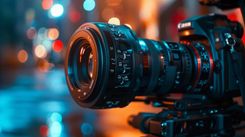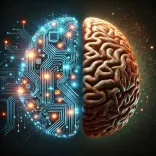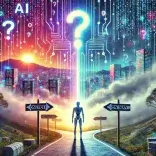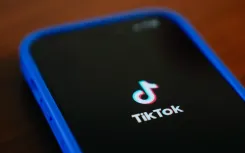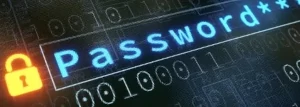AI-Generated Videos and the Future of Cinema
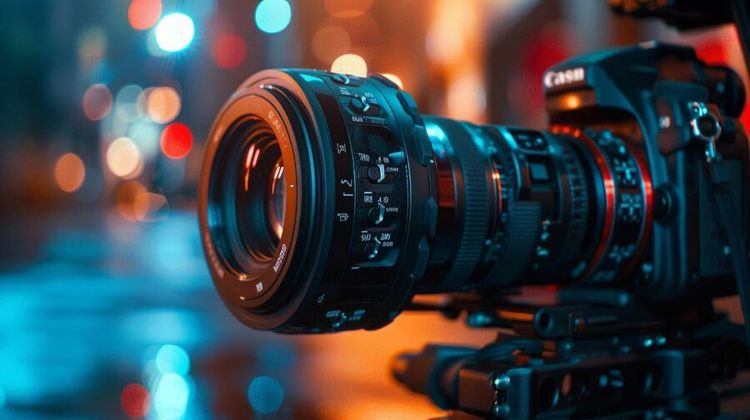
In recent years, artificial intelligence (AI) has rapidly evolved, influencing various sectors, from healthcare and education to finance and entertainment. One of the most intriguing developments is the rise of AI-generated videos — content created or heavily influenced by machine learning algorithms. This revolution is not just reshaping content creation on social media platforms like TikTok or YouTube but is also making waves in the cinematic world. Could AI one day write, direct, and produce a blockbuster film?
What Are AI-Generated Videos?
AI-generated videos are visual media created with the assistance of artificial intelligence. These videos can range from deepfakes and synthetic actors to completely AI-scripted and animated scenes. Technologies behind these creations include:
- Generative Adversarial Networks (GANs): Used for generating photorealistic images and videos.
- Natural Language Processing (NLP): Helps in scriptwriting and voice generation.
- Neural rendering: Assists in creating realistic visual effects and characters.
- Computer vision: Enables motion capture and real-time editing.
With these technologies, AI can generate content that was previously only possible with human creativity and large-scale production teams.
The Rise of AI Tools in Filmmaking
AI is already being used in the movie industry, even if not always in the spotlight. Here are some notable areas:
1. Scriptwriting and Storyboarding
AI models like ChatGPT and Sudowrite can assist in generating plot ideas, writing dialogue, and even structuring entire scripts. While these models may lack the nuanced emotional intelligence of human writers, they can provide a strong foundation for collaborative writing.
2. Casting and Character Creation
Tools like deepfake technology allow the realistic recreation of actors, even deceased ones. AI can also analyze scripts and suggest the most suitable actors based on tone, target audience, and performance history.
3. Visual Effects (VFX)
AI is revolutionizing VFX by speeding up processes like rotoscoping, facial replacement, and background rendering. This not only reduces costs but also improves turnaround time in post-production.
4. Voice Synthesis and Dubbing
AI voice models such as ElevenLabs and Descript can mimic the voices of actors, allowing for dubbing in multiple languages without the need for separate voiceover actors. This ensures consistency and wider reach for global audiences.
5. AI-Generated Music Scores
Composers are now experimenting with AI to co-create musical scores. Tools like AIVA and Amper Music generate adaptive music based on mood and scene intensity, offering directors new ways to customize their soundtracks.
Benefits of AI in Cinema
The integration of AI offers several compelling benefits for the movie industry:
- Cost Efficiency: AI reduces the need for large production teams, expensive set designs, and time-consuming manual edits.
- Speed: AI-powered editing and post-production tools can significantly cut down production time.
- Inclusivity: Independent creators with limited budgets can now produce high-quality content that rivals big studios.
- Creativity Boost: AI can offer novel ideas and suggestions, expanding the creative horizon for directors and writers.
- Localization: AI dubbing and subtitle generation can instantly adapt films to different languages and cultures.
Ethical Concerns and Challenges
Despite its advantages, AI in cinema is not without challenges. The rapid development of synthetic media raises serious ethical questions:
1. Deepfakes and Consent
Creating synthetic versions of actors without their consent poses privacy and ethical issues. The industry must navigate the thin line between homage and exploitation.
2. Job Displacement
As AI takes over tasks traditionally performed by humans, many worry about job losses in areas such as editing, voice acting, and scriptwriting.
3. Creative Authenticity
Can a film truly be "art" if it’s mostly generated by machines? Some argue that AI-produced content lacks the soul and intent that human creators bring to the table.
4. Bias in AI
AI models are only as good as the data they’re trained on. If the training data is biased, the generated content may reinforce harmful stereotypes or exclude minority voices.
AI-Driven Cinema in Action
Several projects have already demonstrated the power and potential of AI in filmmaking:
- "Zone Out" (2020): Created with the help of AI that wrote the screenplay based on a given theme.
- "The Simulation" (2023): A short film that used AI-generated actors and voiceovers to explore digital identity.
- Netflix and Disney: Both companies are investing heavily in AI to analyze viewer preferences, automate editing, and even suggest scripts with high potential.
These examples highlight how AI isn’t just a futuristic concept — it’s already a present-day reality influencing how stories are told.
Will AI Replace Human Filmmakers?
While AI is becoming an integral part of the filmmaking process, it’s unlikely to completely replace human creators, at least not anytime soon. Instead, we’re heading toward a hybrid model, where AI supports and enhances human creativity.
1. Co-Creation Instead of Replacement
Much like how cameras didn’t replace painters but instead gave rise to a new art form, AI will serve as a new medium rather than a replacement. Human emotion, cultural context, and storytelling nuances remain difficult for AI to replicate with depth.
2. Democratization of Filmmaking
AI tools empower a wider group of creators, breaking down the traditional barriers of entry in the film industry. We may soon see compelling indie films produced with just a laptop and some AI software.
3. Personalized Movies
Imagine watching a movie where the main character looks and sounds like you or follows a storyline tailored to your preferences. AI could enable personalized cinema experiences on-demand, revolutionizing how we engage with stories.
4. Virtual Actors and Performances
Virtual influencers and actors like Lil Miquela are already gaining popularity. As technology improves, we may see entirely virtual celebrities who star in multiple films — never aging, never misbehaving, and always available.
Regulating AI in the Entertainment Industry
As AI becomes more embedded in content creation, regulation will be essential to protect creators, consumers, and industry standards. Key areas that need attention include:
- Consent: Clear laws about the use of likeness, voice, and style of real individuals in AI-generated media.
- Transparency: Audiences should be informed when AI is used in significant portions of a film.
- Attribution: Proper credit must be given to both human and AI contributors.
- Bias Mitigation: Ensuring that training data for AI models is inclusive and ethically sourced.
AI-generated videos are transforming the cinematic landscape. From enhancing visual effects to creating entire scenes from scratch, AI is no longer just a tool, it’s becoming a creative partner. While there are valid concerns about ethics, authenticity, and employment, the potential benefits are immense. We’re standing on the edge of a new cinematic era, one where machines and humans collaborate to tell stories that were once impossible to imagine.
As with any technological revolution, the key lies in balance. By embracing AI while maintaining the heart and soul of storytelling, the future of cinema can be more diverse, innovative, and accessible than ever before.

